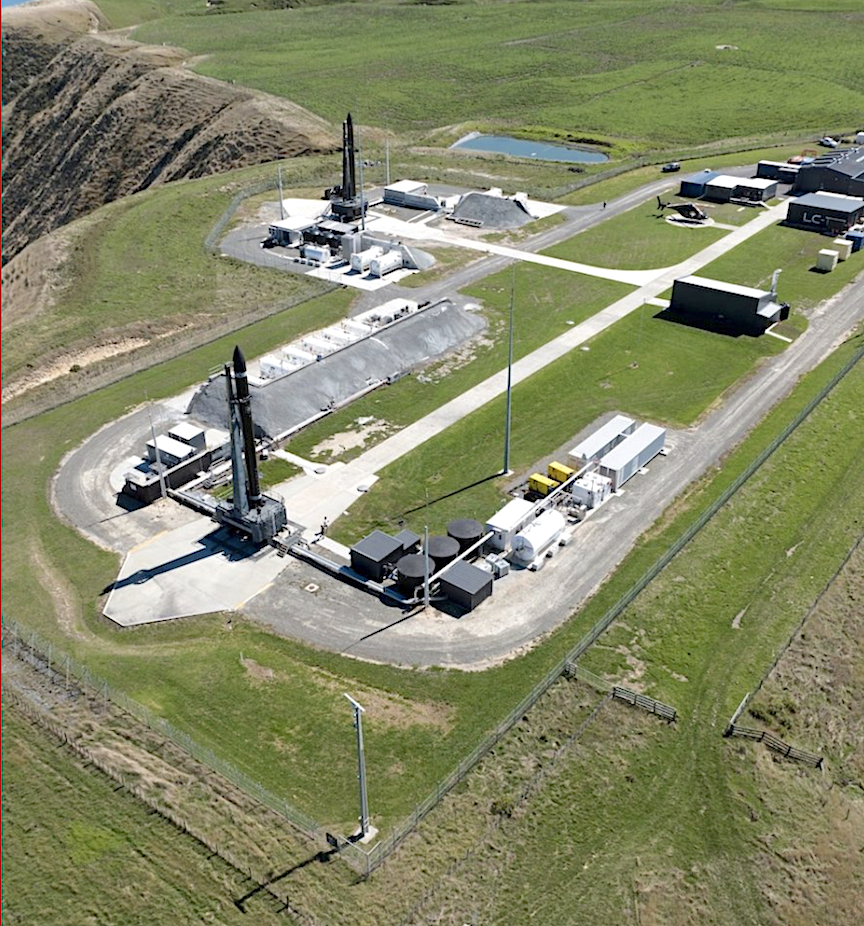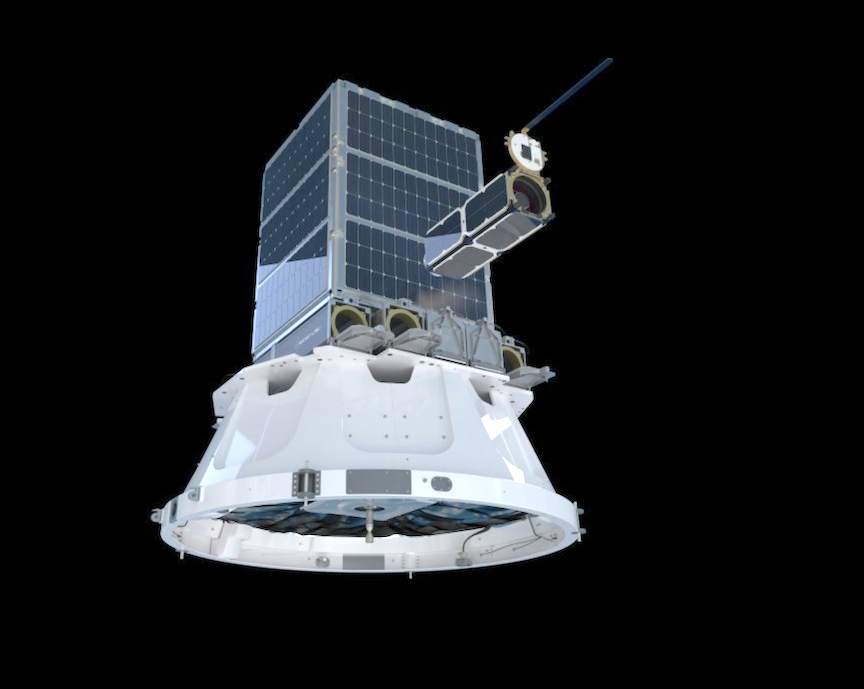

Rocket Lab USA, Inc. (Nasdaq: RKLB) (“Rocket Lab” or “the Company”)provider of launch services and space systems, announced it has received authorization from the Federal Aviation Administration (FAA) to resume Electron launches from Launch Complex 1.

The authorization comes after Rocket Lab experienced an in-flight anomaly on September 19th during the Company’s 41st Electron launch. The FAA, the federal licensing body for U.S. launch vehicles, has now confirmed that Rocket Lab’s launch license remains active, which is the first step to enable launches to resume.
Rocket Lab is now finalizing a meticulous review into the anomaly’s root cause, a process that involves working through an extensive fault tree to exhaust all potential causes for the anomaly, as well as completing a comprehensive test campaign to recreate the issue on the ground.

The FAA is providing oversight of Rocket Lab’s mishap investigation to ensure Rocket Lab complies with its FAA-approved mishap investigation plan and other regulatory requirements. In addition, the National Transportation Safety Board (NTSB) was granted official observer status to the investigation.
The full review is expected to be completed in the coming weeks, with Rocket Lab currently anticipating a return to flight later this quarter with corrective measures in place.

During the September 19th mission, Electron completed a successful lift-off, first stage burn and stage separation as planned, before an issue was experienced at around two and a half minutes into flight shortly after second stage engine ignition.
Flight data shows Electron’s first stage performed as expected during the mission and did not contribute to the anomaly.
“After more than 40 launches, Electron is a proven, mature design with a well-established manufacturing process behind it, so we knew the fault was going to be something complex and extremely rare that hasn’t presented in testing or flight before,” said Rocket Lab founder and CEO Peter Beck.

“Our investigation team with FAA oversight has worked around the clock since the moment of the anomaly to uncover all possible root causes, replicate them in test, and determine a path for corrective actions to avoid similar failure modes in future. We look forward to sharing the details of the review once it is fully complete ahead of returning to flight this quarter.”
Electron is the second most frequently launched U.S. launch vehicle annually, relied upon by government and commercial satellite operators globally.
Prior to the September 19th mission, Electron had completed 20 consecutive successful orbital launches and 37 successful missions total, deploying 171 satellites to orbit.
